
A lot of blanket statements have been made about electric mountain bikes access in the USA. But the reality is, that blanket is full of holes, chewed by many moths in many different places. Take Colorado for example.
More than a third–about 36%–of the land in the state of Colorado is owned and/or managed by the federal government. Over the past couple of years, federal agencies like the Bureau of Land Management (BLM) and the US Forest Service (USFS) have released similar policies toward eMTBs, choosing to categorize and manage electric bikes as motorized vehicles. But that still leaves Colorado land owned at the state, city, and county level where, until last year, e-bike guidance was decidedly less clear.
Concerning the Regulation of Electrical Assisted Bicycles
On April 4, 2017, the State of Colorado passed a bipartisan bill known as House Bill 17-1151 “concerning the regulation of electrical assisted bicycles.” Sponsored by Representatives Chris Hansen (D) and Yeulin Willett (R), the bill was designed to provide guidance for the regulation of electric bicycles, and in many ways, it was inspired by very similar legislation passed by the State of California in 2015. After defining the classes of electrical assisted bicycles, the bill goes on to state, “a person may ride a Class 1 or Class 2 electrical assisted bicycle on a bike or pedestrian path where bicycles are authorized to travel.” It’s important to note this is immediately followed by, “a local authority may prohibit the operation of a Class 1 or Class 2 electrical assisted bicycle on a bike or pedestrian path under its jurisdiction.”
I spoke with both Representatives, and each mentioned similar goals for this bill: to address the concerns for a growing class of vehicles and recreationists, and to support industry within the state of Colorado, which is home to many bicycle-related businesses.
But despite seeking to bring clarity and guidance to a relatively new and growing sport and industry, there is little agreement about what the law actually means, or how it should be implemented.
Is a path a trail?
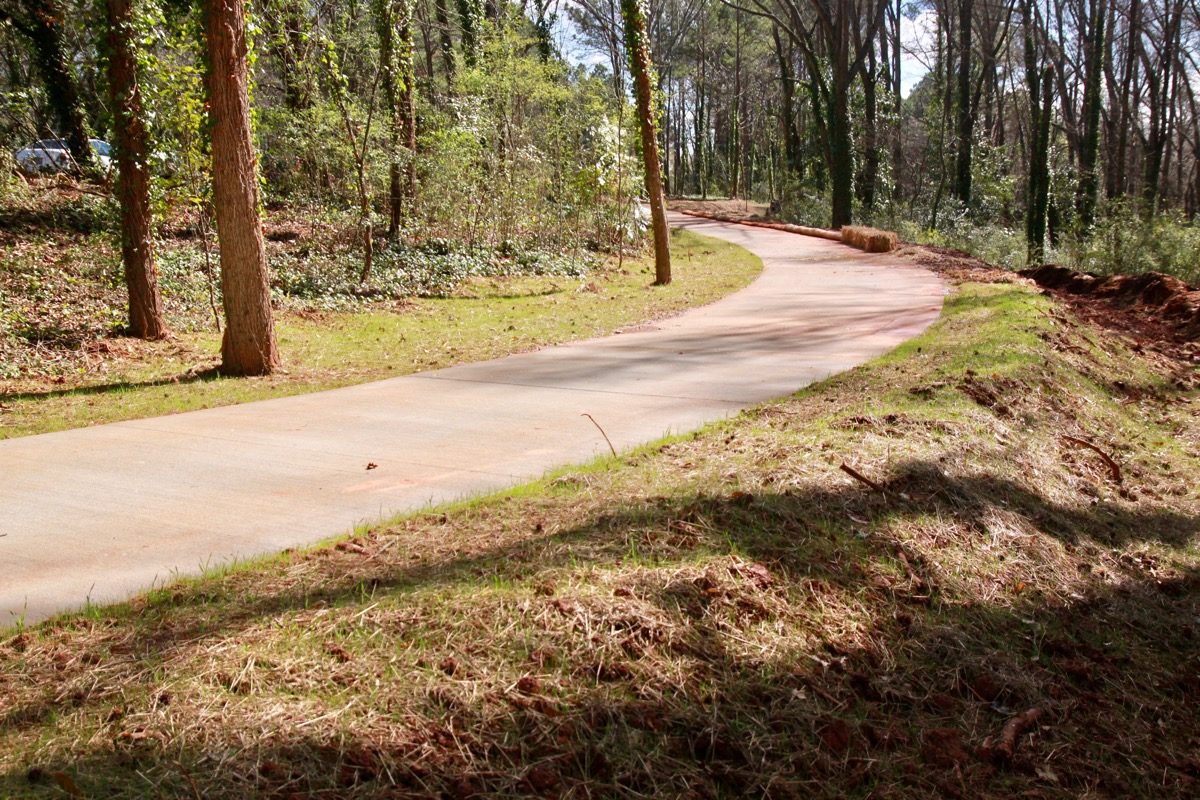
Part of the confusion with the bill arises from the use of the term “path” to describe where Class 1 and 2 e-bikes are allowed. Mountain bikers tend to make a distinction between a path and a trail, the former being a narrow, paved surface mainly used for commuting and recreational riding, the latter a natural-surface singletrack route. In speaking with Representative Hansen, I got the sense that his own definition of path includes both paths and trails, while Representative Willett considers the two to be separate, particularly as it relates to the bill. Both representatives tell me they do ride mountain bikes on occasion.
Representative Hansen emphasized the bill was purposely written to give local jurisdictions the ability to make their own choices when it comes to implementation. Agencies are able to allow or disallow e-bikes as they see fit. Hansen also noted the bill was purposely written to be fairly broad, rather than narrowly focused, giving local communities the ability to come up with their own interpretations.
Perhaps one clue as to what the bill potentially covers lies in the fact that the bill amends Colorado Revised Statutes Title 42, the state vehicle code. Some have taken this to mean the bill is meant to address cycling infrastructure managed by the Colorado Department of Transportation rather than, say, the State Parks Department.
In fact, Colorado State Parks began discussing the issue of e-bikes back in 2016, but a check last week showed no final determination on how to manage e-bikes has been reached, despite the signing of the 2017 state bill. For example, at Cheyenne Mountain and Lake Pueblo State Parks, the official answer is no, e-bikes are not allowed on singletrack trails. Officially, the State Parks department does not have a policy or position on e-bike trail access at this time, according to Rob Seel, Trails Coordinator for Colorado State Parks, Southeast Region.
That could change within the next year or so, once the official comments from regional State Park administrators have been considered. Those comments are not public yet, though it is safe to expect Colorado State Parks will ultimately allow Class 1 and 2 electric mountain bikes on some trails in some–but not all–state parks.
Early implementation of the eMTB law
Just days ago, Jefferson County announced a “pilot” program to allow eMTBs on natural surface trails in parks and open spaces. The county referenced House Bill 17-1151 as the reason for tentatively opening trails to electric bicycles.
Jefferson County Director of Transportation and Engineering, Steve Durian, says his agency “recommends using the current state legislation for the use of e-Bikes in Jefferson County right of way and county-managed paved trails and paths. Creating new regulations specific to Jefferson County that are different from those throughout the rest of the state would create a confusion for cyclists using e-bikes to know and understand jurisdictional boundaries. E-bikes continue to grow in popularity and are becoming an effective way to encourage travelers to use bikes as an alternative to automobiles, resulting in decreased traffic congestion and improved air quality.”
This news is particularly notable simply because it opens so many popular mountain bike trails in Colorado to eMTBs, including Apex Park, White Ranch, Lair o’ the Bear, Deer Creek Canyon, Alderfer/Three Sisters, Matthews/Winters, and Mount Falcon.
To the north, Boulder County is currently considering whether eMTBs should be allowed on natural surface open space trails. Like many counties on the Front Range of Colorado, the open spaces in Boulder County are wildly popular with mountain bikers, hikers, and joggers alike. In fact, because county open space trails are so accessible to such a large population, many trails see just as much, if not more traffic, than the USFS- and BLM-managed trails located elsewhere in the state.
Boulder County is seeking public input and hosting a series of open house events to gauge community sentiment on allowing eMTBs on trails. Tina Nielsen, Special Projects Manager for Boulder County Parks and Open Space, says “we rely on the language of the statute, not the intent. The language of the statute in this instance is that people may ride Class I or Class 2 e-bikes ‘on a bike or pedestrian path where bicycles are authorized to travel.’ As such, it is reasonable to assume that the statute applies to natural surface paths where bicycles are authorized to travel, rather than imputing a restriction to paved paths that does not appear in the language of the statute.”
It’s interesting to note that at these open house events, electric bicycles are available for citizens to try for free, often on loan from local bike shops. Specialized even rolled out a trailer full of e-bikes for a recent event.
eMTB: A new class of trail users?
Within the mountain biking community, there is an open question as to where eMTBs fit: are they mountain bikes or motorized vehicles like dirt bikes? If the situation in Colorado is any indication, electric mountain bikes might just be their own thing altogether. Put another way, they can be either one, depending on who and where you’re asking.
Consider hiking, horseback riding, and mountain biking. All three are distinctly different activities, and trail access is granted to each user group depending on many factors. Saying electric bikes can be ridden anywhere “classic” bikes are allowed is a bit like saying a mountain bike can be ridden on any hiking trail. While it’s true that some hiking trails allow bikes, not all of them do… and perhaps some never will, for that matter.
Speaking of never: Mountain bike advocates should take note of the progress electric mountain bike advocates have made in the US in a very short period of time. While the Sustainable Trails Coalition has been working on lifting the ban on bikes in Wilderness, electric bike advocates have successfully passed favorable e-bike access laws in states like California and Colorado.
Not only that, industry advocates are working at the local political level too. Imagine advocating for “classic” mountain bike access on a hiking-only trail by offering free demo bike rides for people in the community. That’s exactly what is happening in Boulder County, but for e-bikes access to “classic” bike trails. Lobbying may have a yucky reputation, but the results speak for themselves.
So are e-bikes allowed on singletrack in Colorado? The answer is, it depends on the trail, just as it does for any activity.
And by extension, this means the debate over whether eMTBs are mountain bikes or dirt bikes will never reach a conclusion. Perhaps the most definitive thing that can be said is that electric mountain bikes are electric mountain bikes, and they can be ridden anywhere electric mountain bikes are allowed.
















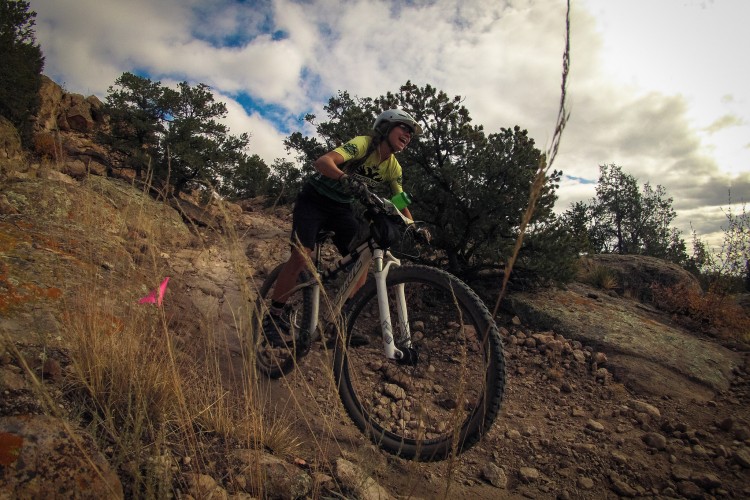

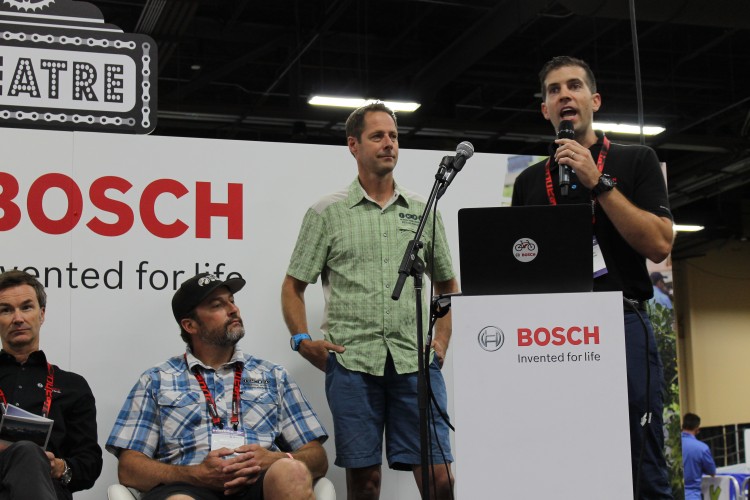

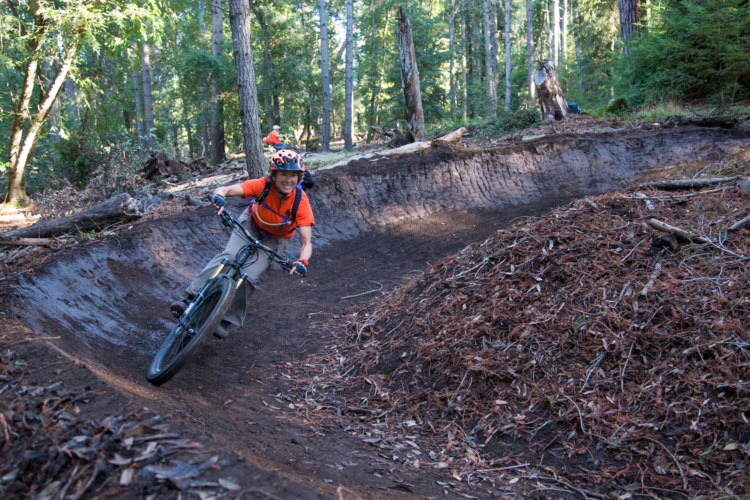

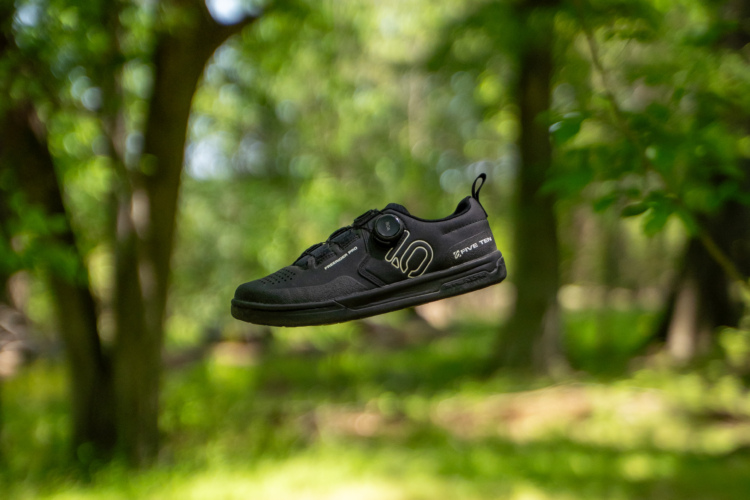

20 Comments
Feb 26, 2018
Feb 27, 2018
Feb 27, 2018
Feb 28, 2018
I've also seen this sign (https://www.rockartsigns.com/d72/product/10-1009) from the same company that makes the decal shown. Will be interesting to see if one becomes the standard.
Feb 28, 2018
Sep 16, 2018
Mar 12, 2018
http://www.cpr.org/news/story/e-bikes-on-trails-it-s-a-question-you-only-ask-if-you-re-ready-for-coloradans-to-sound
Apparently Jefferson County ran a test to see if hikers could identify e-bikes ridden on the trail. My favorite quote from the article: "If you can’t detect it, is it really a problem?"
Sep 14, 2018
I'm sure this post will invite a lot of emotional replies.
Mar 1, 2018
One commenter mentioned how he was angered by being passed by groups of e-mtb's. Would you similarly be angered by a group of elite level mountain bikers flying past you under their own power? I have heard no reasonable excuse for the hatred toward these bikes. There is the ever-present argument that some individuals will use them to ride foolishly fast uphill, endangering others on the trail. This excuse does not carry much muster for me. There will always be some people who do not think enough about the well being of others on the trail, they will just as readily engage in the same behavior downhill on a non motorized bike. We could utilize the same logic in terms of downhill speed. We could say that no bikes with suspension are allowed on rough trails because the suspension allows them to go downhill so much faster. Arguing against the behavior because of the tool is what hikers do to argue against mountain bikes on their dedicated trails, PCT, wilderness trails, wilderness study trails, national monuments, etc.
My friend's dad is over 60 and still a strong cyclist, his mom however is not nearly as strong, but rides an e-bike because it allows her to go riding and still have some fun. We need to implement objective reasoning in the rules surrounding these bikes. Rather than a blanket ban, which really makes no sense, discourage reckless riding, enforce it periodically if needed.
Now, just a question, if I ride an e-mtb without the power turned on, should it still be illegal on these trails? What about in the absence of the battery? Should it still be disallowed because of the electric motor which would now only serve as added weight? So if It would be ok to not have the power, or the battery, why would it not be acceptable to respectfully ride the bike at a reasonable speed, and giving proper consideration to other trail users, under some pedal assistance?
Dec 9, 2018
Nov 26, 2018
Oct 4, 2018
Aug 30, 2019
Feb 27, 2019
E bikes should be allowed to ride anywhere.
Mar 29, 2019
bike/machine. I ride during the week when the trails are quiet. Most riders I encounter don' t know it's an ebike but the more savvy experienced riders do, and then they freak out when they realize what I'm riding. Why?!?! I am not doing anything different they are doing, but gentler, but it does get me up the hill. I weigh 135 lbs. the bike is over 50 lbs. believe me, I get a workout. I was born and raised in northern Colorado and I will ride respectfully and joyfully where I want till they throw me in prison! Can you imagine the reaction I will get from the other inmates when I tell them about my vicious misdeeds? , This bike has opened me up to new adventures and appreciation for my back yard. Eventually we will coexist, but till then I will tolerate haters and try to educate and inform the curious and rabid.
Let us learn from past hysteria.. (snowboarders and those evil potheads)... peace and love
Feb 27, 2018
Sep 16, 2018
Feb 27, 2018
Dec 9, 2018
Feb 27, 2018